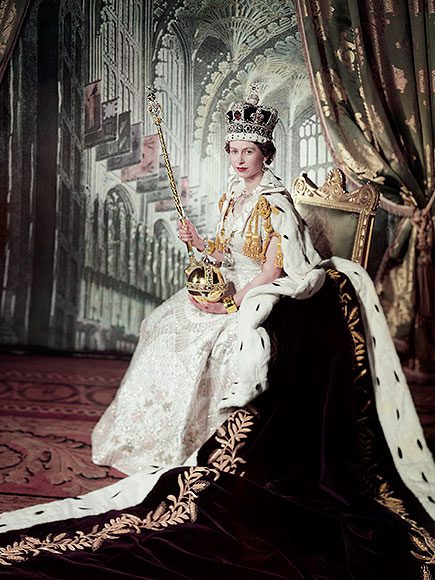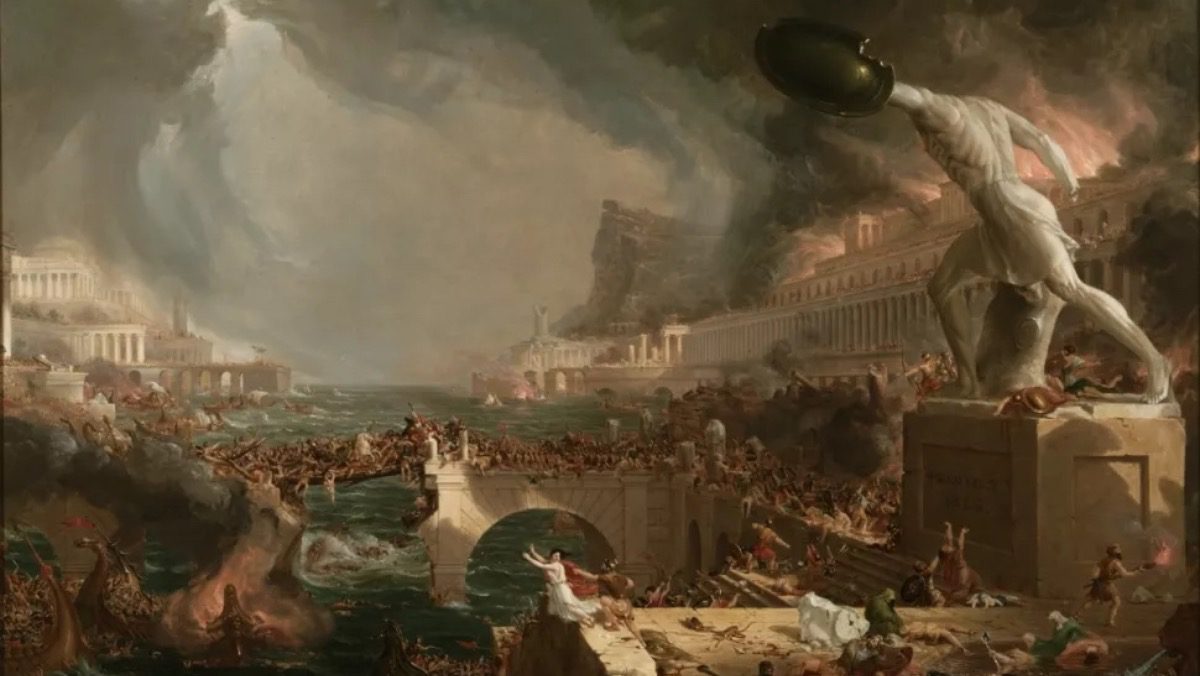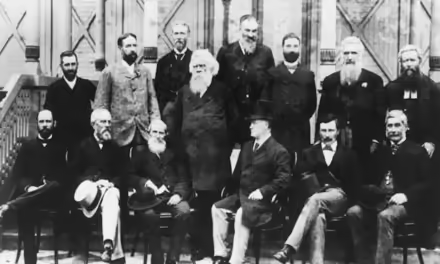ELIZABETH II: 70 YEARS OF A QUEEN
Reading time: 7 minutes
2022 marks 70 years since Elizabeth II ascended the British Throne; an unprecedented cultural milestone of an ubiquitous world figure.
At approximately 7:30 on the morning of February 6, 1952, a 56-year-old British man was found dead in his bed, from what was determined to be a blood clot of the heart; yet this was not just another Englishman, it was the King of England himself! King George VI’s 15-year reign had come to an end.
By Michael Vecchio
This reluctant monarch, who struggled with a speech impediment and ascended the throne after the controversial abdication of his brother Edward VIII in 1936, is likely not the most memorable of British kings. Despite helping to rouse the British people in a fighting spirit of defiance during the Second World War (which in turn led to a resurgence in popularity for the British crown), George VI never craved the spotlight. Undeniably, it remains Winston Churchill to occupy the spot as the central heroic figurehead of the British war effort against the Nazis.
READ MORE: THE KING’S SPEECH: HOW GEORGE VI OVERCAME HIS STUTTER
In the scope of the larger British Empire, the reign of George VI saw the beginning of rapid decolonization across the globe. It began when India and Pakistan finally achieved their independence in 1947 and continued throughout the 20th century; closer to home Ireland had successfully broken away from the United Kingdom, as Republican sentiment began to grow again. Thus George VI’s rule as king may not be overly commemorated in contemporary historical analyses. But it is undoubtedly important perhaps not because of the reign itself, but because of the reign to come immediately after it.
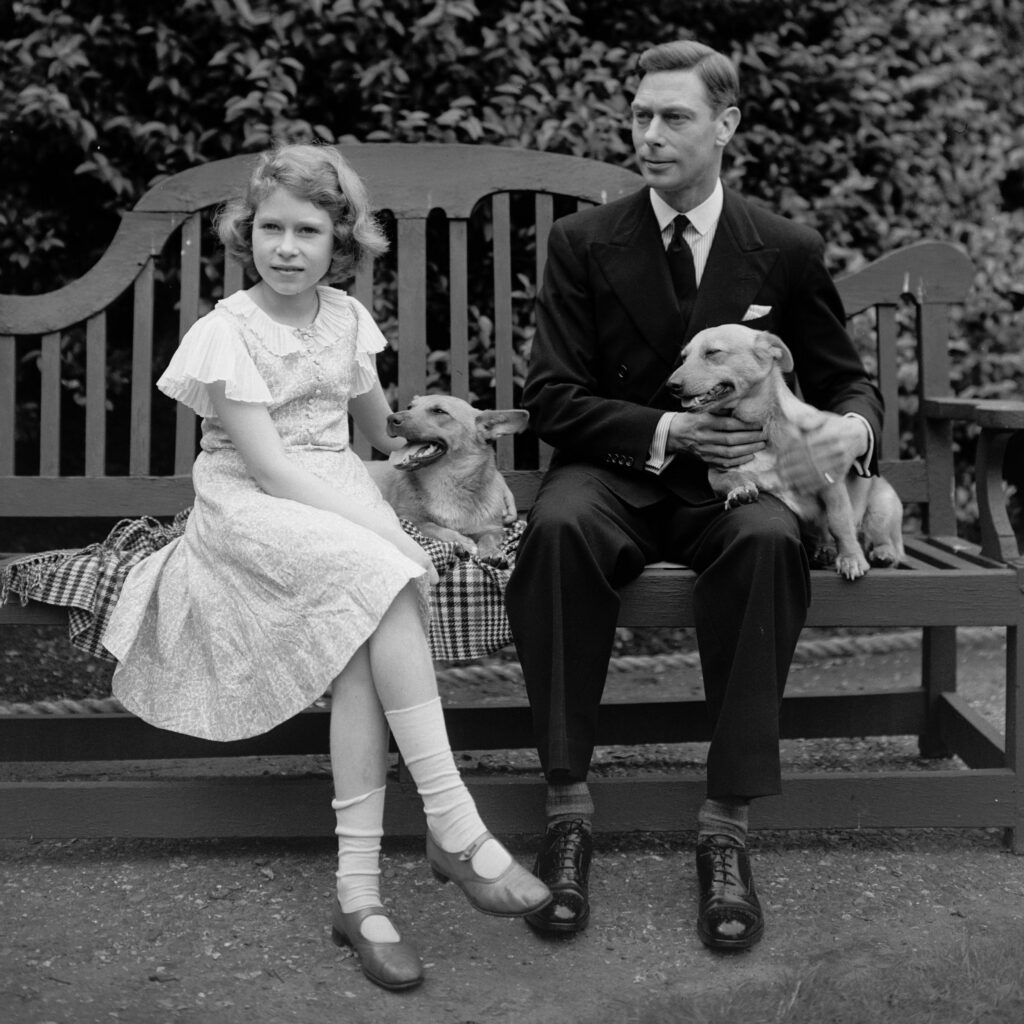
And so we return to February 6, 1952; although it is the date of the King’s death, 70 years later it is being commemorated not for the end it signaled, but for the beginning of an unprecedented period in British royal history. Queen Elizabeth II’s Platinum Jubilee (70 years as monarch) is indeed a unique and exceptional occasion to commemorate, even for those against the ongoing institution of the monarchy.
READ MORE: OPPOSING THE ROYALS: A BRIEF HISTORY OF REPUBLICANISM IN BRITAIN
The longest reigning British monarch in history (surpassing her great-grandmother Victoria’s reign of 64 years), if Elizabeth II continues to be on the throne in 2024 she will officially be the longest reigning monarch in world history; it was a record set back in 1715 when French King Louis XIV’s reign ended at 72 years. Through these now seven decades as Queen, Elizabeth II has been a constant and reliable figure of tradition and duty, not just in British society but also in the Commonwealths across the globe.
Multiple generations know only of her as the sovereign, and her image across popular culture and numerous currencies has become an entrenched part of the western world’s collective imagination. With over 110 countries visited (including 27 times to Canada and 18 times to Australia), the 70 years of Elizabeth II have made her the most travelled British monarch.
Indeed for many it will seem hard to imagine Elizabeth II as anything other than the Queen, but she was in fact once a youthful princess; the eldest of two daughters born to George VI and his wife Elizabeth Bowes-Lyon in 1926, the young “Lilibet” was not even in the direct line to eventually ascend the throne.

Upon the death of her grandfather, King George V in 1936, her uncle Edward VIII inherited the monarchy; in comparison to his niece, it would be the shortest reign in British history, lasting just 326 days. The scandal over the King’s relationship with a divorced American woman proved to be too overwhelming, and he abdicated in what is seen by some as the ultimate display of romantic love.
READ MORE: THE ABDICATION CRISIS
Suddenly younger brother Prince Albert was the heir apparent, and thus became King George VI. Without any brothers, Princess Elizabeth was now herself in line to ascend the English throne, but even she could not have predicted her eventual reign would be so significant. With George VI’s death, the 25-year-old Elizabeth, not only had to mourn the passing of her father, but also immediately assume the role of monarch.
The anniversary of her ascension therefore also brings sad personal memories for the Queen, who remembers the memory of her father; the duties of being the monarch however would not allow for much bereavement, and throughout her reign Elizabeth II has exemplified the almost stereotypical British “stiff upper lip” spirit of stoicism, or the proverbial “Keep Calm and Carry On” mantra.
It is an attitude that has served her and the Royal Family well for the most part, though of course it has had its share of criticism. This was perhaps none more evident than in 1997, after the death of Princess Diana. The public demanded an open expression of emotion from the Royals and Elizabeth herself, and the usual “carry on” approach was not welcomed. Despite these moments of rare crises of faith in the monarchy however, Elizabeth II has enjoyed a longevity not just in years, but of prolonged popularity, thanks also to her role in female empowerment.
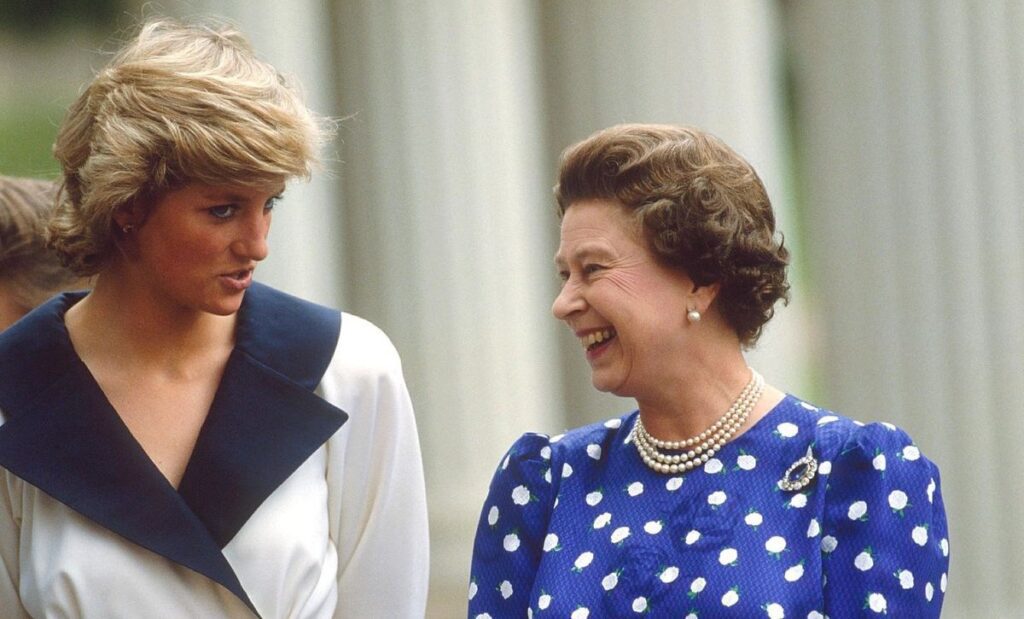
When she ascended the throne in 1952, the role of women in society still placed them mainly in the home, supporting their male counterparts; indeed she was the first female monarch in 50 years and many in the Commonwealth had forgotten what it meant to have a Queen, and not a King ruling. Besides being a Royal, Elizabeth was also a wife and mother of four children; she was a sister and a daughter, a grandmother, and an aunt. She personified what it meant to masterfully balance being a head of state and a matriarch.
Though Buckingham Palace has had its share of familial domestic troubles (divorces, affairs, and sex scandals), Elizabeth II’s roles as an independent woman and as Queen regnant have largely withstood societal storms for seven decades.
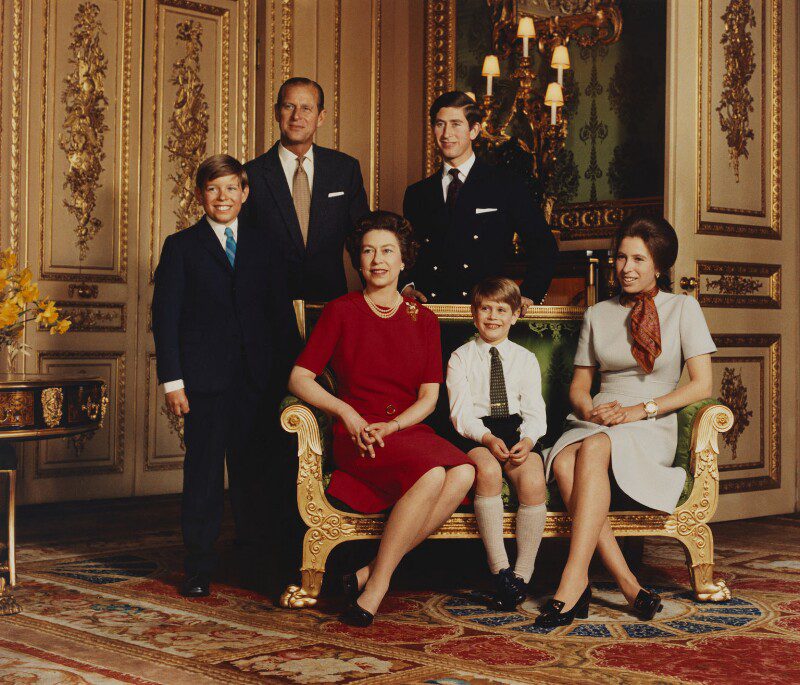
In a constantly changing world, where technological and societal developments continue to evolve, the relevance of any monarchy undoubtedly comes into question. Yet her stability and unwavering sense of duty on the world stage and in the home, has made Elizabeth II a monarch like no other. On this 70th anniversary of her ascension to the throne, the justification for a monarchy may not be any clearer, but the respect earned by this seemingly ubiquitous woman could not be any more evident.
For better or for worse Queen Elizabeth II has ruled with a mother’s benevolence and the wisdom of a true stateswoman; if there is indeed a theme to encapsulate her rule it would then surely be devotion to a cause greater than oneself. 70 years later that devotion shows little signs of dimming.
Podcast episodes about this topic
Articles you may also like

The sources of Russian conduct
Reading time: 14 minutes
This essay examines the sources of Russian power and conduct from an historical, cultural and geopolitical perspective. It aims to help assessment of Russia’s future behaviour. My approach is based on the essay The Sources of Soviet Conduct written by the famous US State Department diplomat and leading Russian expert George Kennan (under the pseudonym ‘X’) in the journal Foreign Affairs in 1947. Kennan was struggling to get Washington to understand the threat from the Soviet Union so soon after the end of World War II, when the USSR had been an ally of the United States.
The text of this article was commissioned by History Guild as part of our work to improve historical literacy. If you would like to reproduce it please get in touch via this form.

